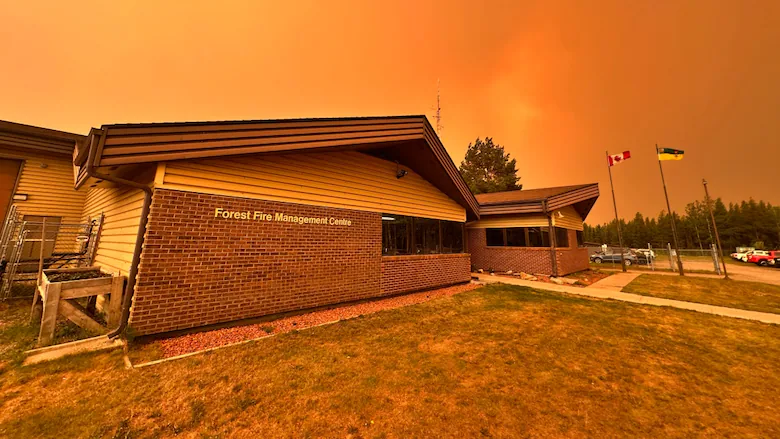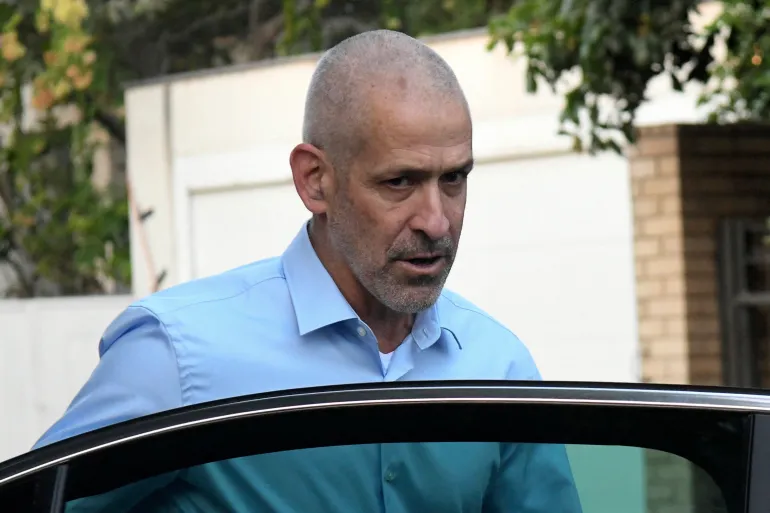At least 24 Palestinians were killed in an Israeli airstrike targeting the al-Mawasi area in southern Gaza, local health officials reported on Saturday, as international mediators resumed efforts to broker a ceasefire between Israel and Hamas. The strike marked one of the deadliest incidents in recent weeks and occurred just hours before fresh negotiations began in Doha.
The Israeli military confirmed the strike, stating that it had targeted a Hamas command center and killed several operatives involved in planning rocket attacks on Israeli territory. However, Palestinian officials and aid organizations said the area hit was part of a designated “safe zone” where displaced civilians had sought refuge.
“This is a massacre,” said a spokesperson for Gaza’s Health Ministry. “Many of the victims were women and children. They had been told this area was safe.”
The IDF, in its statement, insisted that it had used precision munitions based on verified intelligence and that the strike conformed to international legal standards. “Hamas continues to embed its military assets within civilian zones. We are targeting terrorists—not civilians,” the IDF said.
Saturday’s deaths bring the total number of Palestinians killed in the latest round of fighting to over 500 in just the past two weeks, according to the Gaza Health Ministry. The death toll since the beginning of the war in October 2023 has now surpassed 53,000, making it one of the most deadly and protracted conflicts in the region’s history.
In parallel with the military escalation, ceasefire negotiations have resumed in Doha, Qatar, where mediators from Egypt, Qatar, and the United States are attempting to broker a new truce deal. Sources close to the talks said the current proposal involves a six-week ceasefire, during which Israel would pause military operations in exchange for the release of 10 hostages, while Hamas would receive up to 250 Palestinian prisoners in return.
U.S. Secretary of State Antony Blinken, who has remained closely engaged in the process, urged both sides to act with urgency. “Every day without a ceasefire is another day of needless suffering,” he said.
Despite the restart of negotiations, both sides remain deeply entrenched. Israeli Prime Minister Benjamin Netanyahu has vowed to continue military operations until “Hamas’s infrastructure is dismantled and hostages are returned,” while Hamas maintains that any agreement must include long-term guarantees, including the complete lifting of Israel’s blockade on Gaza.
International condemnation of the civilian casualties continues to grow. The European Union called for an independent investigation into the al-Mawasi airstrike and urged restraint on all sides. “Targeting areas where civilians are sheltering is unacceptable under international humanitarian law,” said EU foreign policy chief Josep Borrell.
Meanwhile, humanitarian conditions in Gaza remain dire. Aid agencies report severe shortages of food, clean water, medical supplies, and shelter. The United Nations has warned that 80% of Gaza’s population is now displaced, with many living in overcrowded and unsanitary conditions.
Jan Egeland, head of the Norwegian Refugee Council, described the situation as “beyond catastrophic.” He called for immediate humanitarian access and a cessation of hostilities to prevent further civilian deaths.
The latest airstrike has further inflamed public anger across the Arab world, where protests erupted in cities including Cairo, Amman, and Beirut, condemning Israel’s actions and demanding international intervention. In Israel, public opinion remains divided, with some calling for a negotiated end to the conflict and others supporting continued military action.
As both military operations and diplomatic efforts continue in parallel, the region remains on edge. Analysts warn that without a breakthrough soon, the cycle of violence could escalate into a broader regional confrontation involving Iran-backed militias and Israeli allies.
For now, Gaza mourns another mass casualty event, and the world watches closely to see if diplomacy can bring even a temporary reprieve to one of the world’s most entrenched and devastating conflicts.
Source: Reuters



